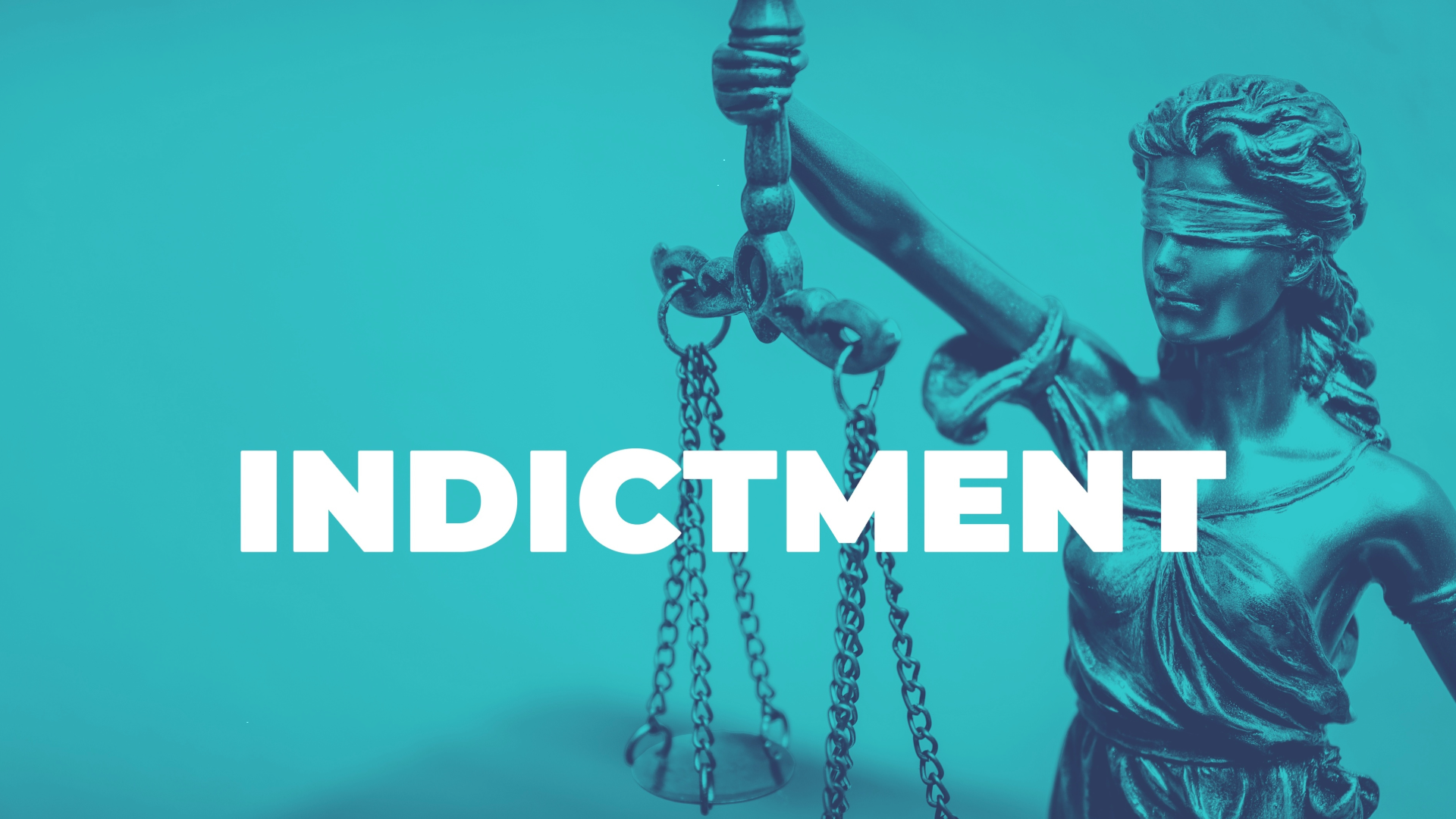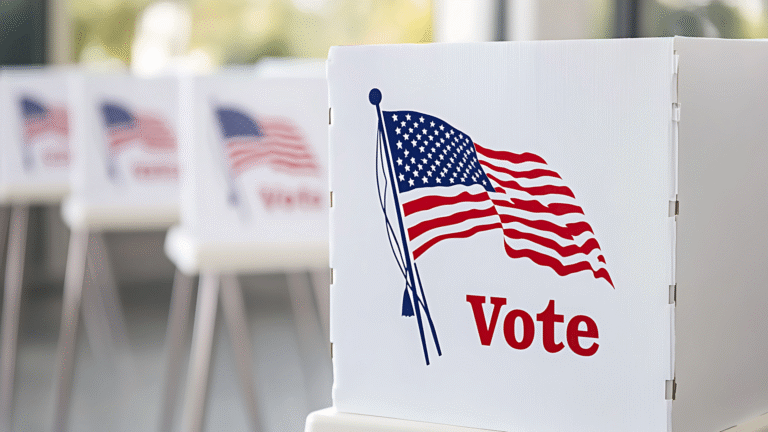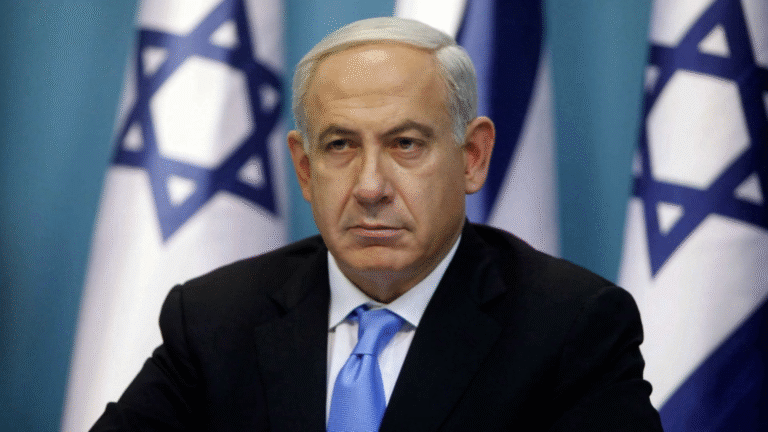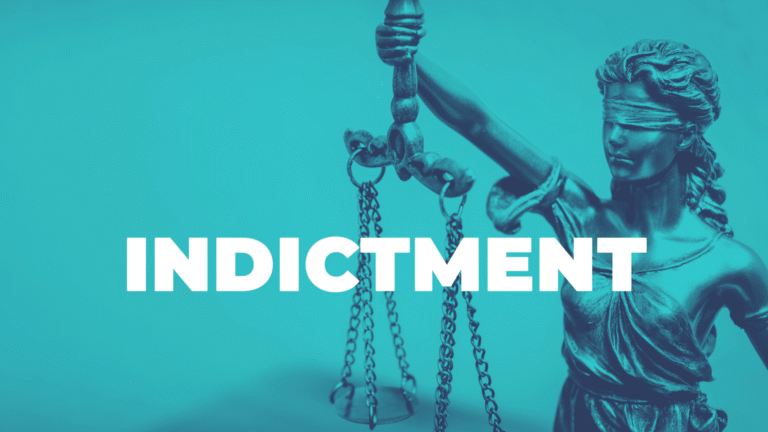Indictments: The Legal Process and Its Implications
Overview
An indictment is a cornerstone of the criminal justice process, representing the formal accusation that a person has committed a serious crime. While the concept is simple—charging someone officially—it has deep historical, constitutional, and procedural significance. This deep dive explores the evolution, process, and impact of indictments in both state and federal systems.
Historical Background
The use of indictments dates back to 12th-century England under Henry II, when grand juries were formed to investigate crimes. These early juries were meant to protect citizens from arbitrary prosecution. The system carried into American law, enshrined in the Fifth Amendment of the U.S. Constitution, which guarantees that “no person shall be held to answer for a capital or otherwise infamous crime, unless on a presentment or indictment of a Grand Jury.”
The Indictment Process
- Initiation: A prosecutor presents evidence to a grand jury, usually without the defendant or defense counsel present.
- Grand Jury Composition: Typically 16–23 citizens who review the evidence in secret proceedings.
- Probable Cause Determination: The jury must find probable cause—a reasonable belief that a crime was committed and that the accused likely committed it.
- True Bill or No Bill: If probable cause exists, the grand jury returns a “true bill,” issuing an indictment. If not, it issues a “no bill.”
- Filing and Arraignment: The indictment is filed in court, and the defendant is brought before a judge to enter a plea at arraignment.
Federal vs. State Indictments
In the federal system, indictments are required for all felonies under Rule 7 of the Federal Rules of Criminal Procedure. States vary—some use preliminary hearings instead. Federal indictments are often sealed until arrest to protect investigations and prevent flight.
After the Indictment
Once indicted, a defendant goes through several stages: arraignment, discovery, pre-trial motions, trial, and potentially sentencing. Under the Speedy Trial Act of 1974, federal defendants must be tried within 70 days of indictment, barring exceptions.
Implications of an Indictment
- Legal: Marks the beginning of formal prosecution and the right to a speedy trial and legal counsel.
- Social: Can damage a person’s reputation, even before conviction.
- Strategic: Defendants and prosecutors may negotiate plea deals post-indictment to avoid trial.
Notable Examples
- Federal Corruption Cases: Politicians and corporate executives are frequently indicted for bribery or fraud based on grand jury findings.
- Organized Crime: Indictments often target entire criminal enterprises using conspiracy laws.
- High-Profile Public Figures: Indictments may attract media attention, influencing public opinion before trial.
Criticism and Controversy
- One-Sided Process: Defendants cannot present evidence or cross-examine witnesses in grand jury proceedings.
- Secrecy: While protecting witnesses, secrecy can also obscure potential prosecutorial misconduct.
- Prosecutorial Power: Critics note that grand juries rarely refuse indictments, leading to the saying, “a prosecutor can indict a ham sandwich.”
Modern Developments
Some jurisdictions have sought reforms to make the indictment process more transparent. Others advocate for preliminary hearings instead of grand juries, arguing they offer more balance between prosecution and defense.
FAQ
- Can an indictment be challenged? Yes, defense attorneys can file motions to dismiss based on lack of probable cause or procedural errors.
- Can charges be dropped after an indictment? Yes, prosecutors can dismiss charges if new evidence arises or as part of plea negotiations.
- What happens if a grand jury fails to indict? The prosecutor can sometimes present the case again or pursue lesser charges.
- Do all felonies require indictments? In federal cases, yes; in state systems, it depends on local laws.
Sources
- Wikipedia: Indictment (https://en.wikipedia.org/wiki/indictment)
- Cornell Law School: Indictment Definition (https://www.law.cornell.edu/wex/indictment)
- The Rickman Law Firm: Federal Grand Jury Indictment Process (https://therickmanlawfirm.com/what-happens-after-a-federal-grand-jury-indictment)
- U.S. Department of Justice: Speedy Trial Act of 1974 (628)
- Bill Connor Law: What Happens When You’re Formally Accused (https://billconnorlaw.com/what-does-an-indictment-mean-and-what-happens-when-youre-formally-accused-of-a-crime/)







